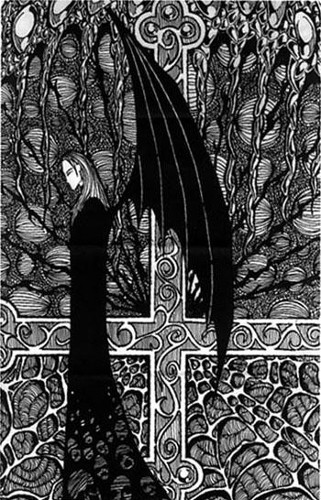Magpie Tales is a blog “dedicated to the enjoyment of poets and writers, for the purpose of honing their craft, sharing it with like-minded bloggers, and keeping their muses alive and well.” Each week, it offers an image as a writing prompt.
Mag #211

Feast in the House of Simon, 1610, El Greco
It was the custom of Simon the Zealot to invite his friends to feast at his home after the sacrificial piety of every Sabbath. Of course, that meant “men only,” for we women were not allowed to participate in those raucous discussions of politics and providence. As a female in his household, my task was to keep the wine flowing as freely as did the details of their dialogues. Just by being present in that room, I learned much about the workings of men and government – the subtleties of reasoning and ruling, ideas that never insert themselves into the conversations of women. The men rarely noticed my presence; my purpose was to serve and be silent, and I used my role to my advantage.
And so it went, until the day that Simon invited to the table the man who caused a welcome disturbance at his wedding by magically changing barrels of water into barrels of wine. While I was attending to other wedding guests when this supposed miracle took place, I cannot assert that this actually happened. However, I did taste the “miraculous” wine and have to say that I found it quite fragrant.
Now, the day that Jesus joined Simon the Zealot’s table, everything changed. While the debates still agonized over the world’s politics and providence, they became less heated and more thoughtful, as the graceful gestures and soft responses of the man, Jesus, orchestrated a calmer tone. I marveled at the way he could hold the attention of every man there without even raising his voice. And there was something about his eyes, radiating a warmth and acceptance that penetrated to even the most doubtful heart.
It was not long after that Simon the Zealot left his wife and family to follow the man, Jesus – followed him out into the world of politics and provenance, joined others who did the same, all aroused by the man’s gentle promise of a world suffused with peace and harmony, fairness and compassion.
They say that there were some women who followed him, as well, for he welcomed all who welcomed him. I never left the house of Simon the Zealot, although sometimes I would dream of solemn eyes that brushed my soul and hands that graced the rest with a merciful yearning.
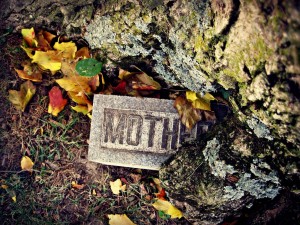




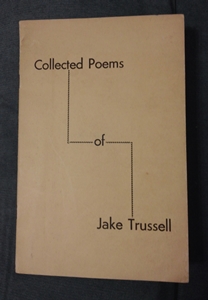 Even the information about him in the last available copy of his chapbook that I just bought for $10 doesn’t tell me anything about how I might have come to know anything about him more than a half-century ago.
Even the information about him in the last available copy of his chapbook that I just bought for $10 doesn’t tell me anything about how I might have come to know anything about him more than a half-century ago.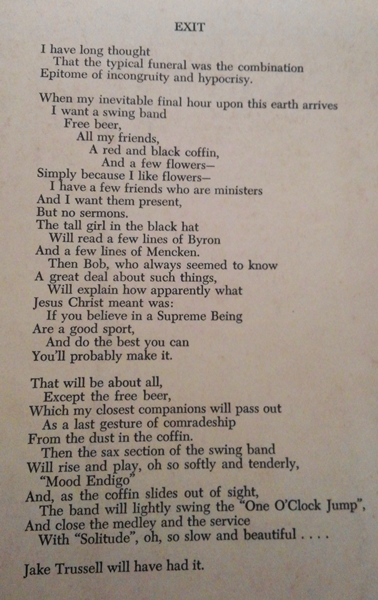
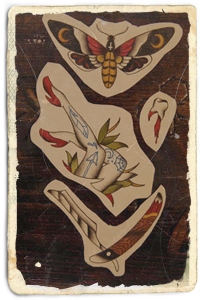
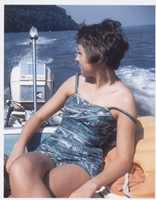 when I am old
when I am old

